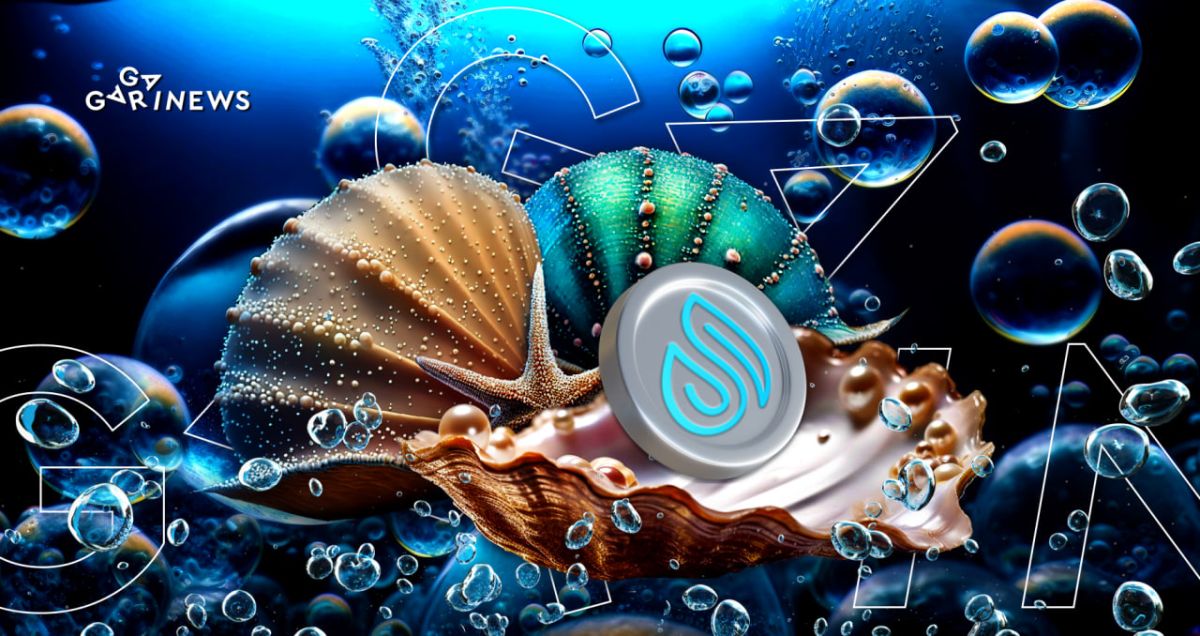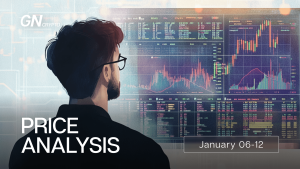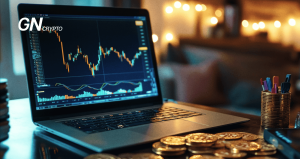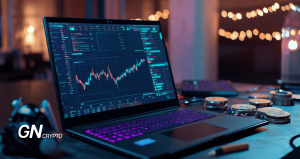Shell Protocol: An Overview of the Project and Potential Airdrop

Shell is a decentralized finance (DeFi) protocol that enables users to receive enhanced rewards for providing liquidity, as well as efficiently utilize token exchange functions.
Shell Protocol has enhanced the underlying AMM (automatic market maker) integrated in DEX exchanges, enabling significantly increased liquidity for various tokens, even with modest investments.
In this article, we will take a closer look at the Shell platform and explore potential activities that may trigger the distribution of a retroactive airdrop.
Standout traits of the platform
As of now, there is no available information about the funding of the project. Moreover, Crunchbase, an analytical resource, does not provide any data about investors or investment rounds for the Shell Protocol.
At present, the platform supports several features, including:
● Providing liquidity and receiving special rewards for invested funds;
● Increasing token liquidity (available even to users with small capital);
● Creating special pools with concentrated liquidity.
Hence, Shell aims to improve the stability of cryptocurrency projects whose tokens are traded on decentralized platforms across different networks, while also focusing on profits for investors.
Currently, the Shell Protocol operates exclusively on the Arbitrum blockchain.
Airdrop and tokenomics
The official tokenomics of the protocol were published on May 5th, outlining the distribution of SHELL tokens as follows:
■ 80 million – investors, team and development company;
■ 40 million – Initial Airdrop;
■ 50 million – Post-TGE Incentives;
■ 30 million – DAO Treasury.
Therefore, 40 million coins or 20% of the overall supply of 200 million are dedicated to a retroactive airdrop for early adopters of the platform. These coins will serve the purpose of ensuring liquidity in the DeFi ecosystem as well as managing the project through the DAO.
Activities to consider
To acquire credits that can be redeemed for Shell tokens later on, a number of tasks must be completed. Among those:
● Conducting token exchanges on the platform;
● Investing funds in pools to increase liquidity of trading pairs;
● Opening artifact boxes;
● Participation in voting on Snapshot.org;
● Interaction with NFT Smol Brains and Government Toucans.
Shell Protocol platform user interface. (app.shellprotocol.io)
The project conducts regular voting on modifications to the protocol mechanics, incentives, or upcoming coins. This activity is carried out through the website snapshot.org, where users are required to possess an NFT from the Government Toucans collection to take part in the voting process.
Shell Protocol voting process. (snapshot.org)
Government Toucans NFTs can be purchased on the largest marketplace, OpenSea. The average cost of this NFT in the market is 0.0269 ETH (approximately $50 based on market rates).
The Government Toucans NFT collection by Shell Protocol (opensea.io)
Summary
When assessing the probable expenses for receiving a retro-drop, it's worth noting that the fees on the Arbitrum network are no more than $0.1 per transaction, and the invested liquidity can be withdrawn at any time. The same applies to NFTs, which can be both purchased and sold.
However, before starting any activity, including those of the Shell Protocol, one should thoroughly consider the hazards involved in dealing with crypto initiatives.
The content on The Coinomist is for informational purposes only and should not be interpreted as financial advice. While we strive to provide accurate and up-to-date information, we do not guarantee the accuracy, completeness, or reliability of any content. Neither we accept liability for any errors or omissions in the information provided or for any financial losses incurred as a result of relying on this information. Actions based on this content are at your own risk. Always do your own research and consult a professional. See our Terms, Privacy Policy, and Disclaimers for more details.





























